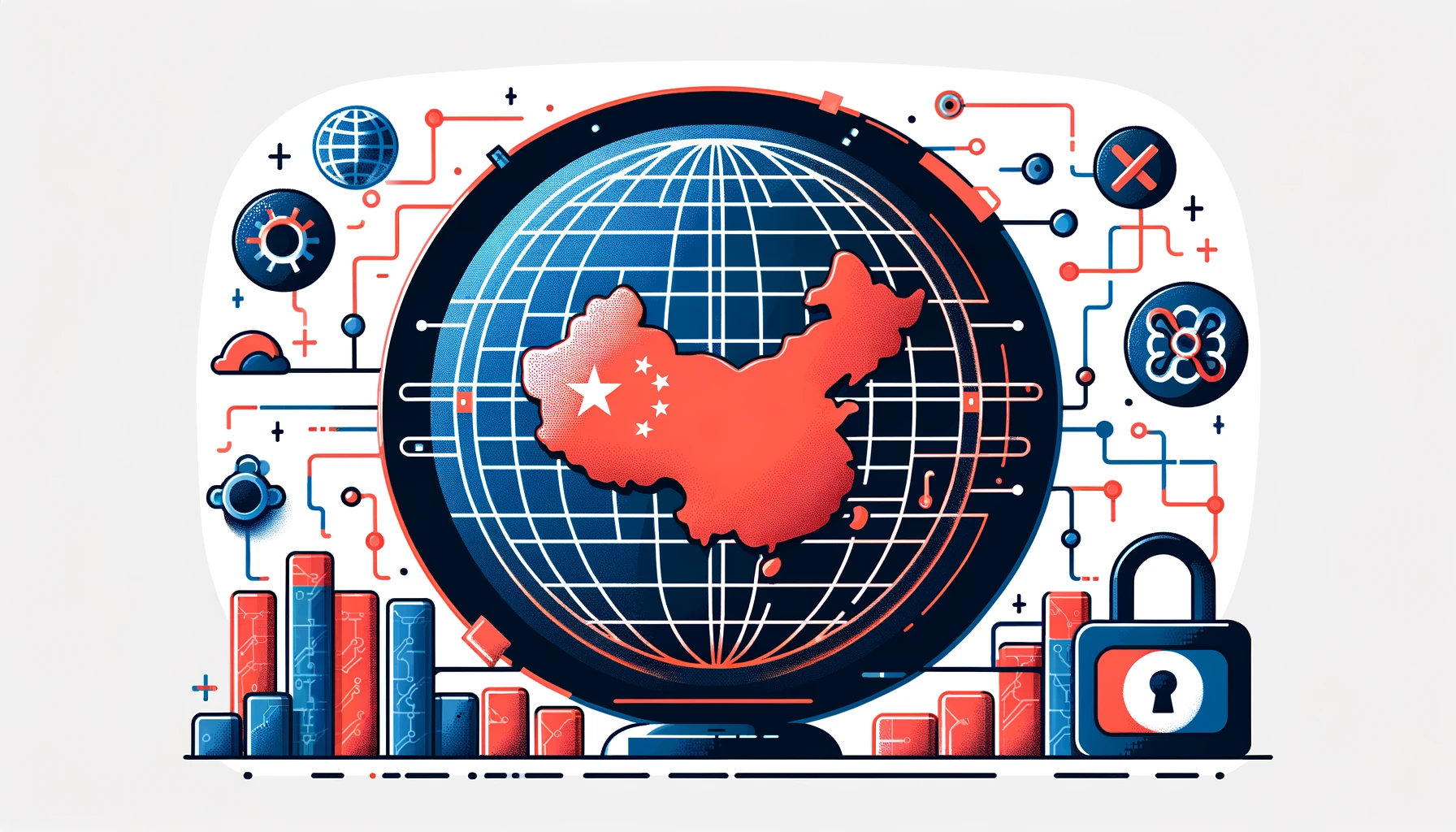
In a significant move that could reshape international AI technology dynamics, the Biden administration is reportedly considering new export controls on proprietary AI models. This initiative aims to prevent the advanced software, which forms the backbone of AI systems such as ChatGPT, from falling into the hands of adversaries like China and Russia.
Sources close to the matter reveal that the U.S. Commerce Department is exploring regulations to limit the export of closed source AI models—systems whose operational software and training data are not publicly disclosed. This proposal is part of a broader U.S. strategy to mitigate the technological ascent of China, particularly in utilizing cutting-edge AI for military advancements.
Over the past two years, the U.S. has already implemented several measures aimed at curbing China’s AI capabilities. These include restrictions on the export of sophisticated AI chips, essential for developing advanced AI technologies. Despite these efforts, the fast-paced evolution of the AI sector poses significant challenges for U.S. regulators attempting to maintain a strategic advantage.
According to informed sources, the proposed export controls would predominantly target countries like Russia, China, North Korea, and Iran. In February, Microsoft reported monitoring hacking groups associated with these nations, utilizing large language models to enhance their cyber operations. The U.S. intelligence community expresses growing concerns that such models could be exploited to launch more sophisticated cyberattacks or even to develop biological weapons.
To establish these controls, the U.S. might employ a strategy outlined in an AI executive order from last October, which sets specific benchmarks based on the computing power required to train an AI model. Reaching this threshold would necessitate developers to disclose their AI model development plans and testing outcomes to the Commerce Department.
While the specifics of the threshold are still under discussion, it is likely to impact primarily unreleased AI models. For instance, Google’s Gemini Ultra is reportedly nearing this threshold, according to data from EpochAI, a research institute monitoring AI trends.
Implementing these controls will not be straightforward. Many AI models, particularly those that are open-source, will likely remain unaffected by these regulations. The challenge lies in effectively regulating more advanced, proprietary models without stifling innovation or international collaboration in the AI sector.
The Chinese Embassy has criticized the proposed measures as “economic coercion and unilateral bullying,” vowing to take necessary actions to protect its interests. Meanwhile, the Russian Embassy has not yet responded to requests for comment. The Commerce Department itself has declined to provide statements on the ongoing deliberations.
Experts like Tim Fist from the CNAS think tank in Washington, D.C., suggest that the computing power threshold is a useful interim measure. However, they advocate for controls based more on the models’ capabilities and intended uses to ensure that the measures are both effective and sustainable.
Jamil Jaffer, a former White House and Justice Department official, echoed this sentiment, recommending a focus on the national security risks posed by the AI models rather than purely technological thresholds.
Overview of Potential AI Export Control Measures
| Country Targeted | AI Model Type | Potential Restrictions | Purpose |
|---|---|---|---|
| China, Russia, North Korea, Iran | Closed source, proprietary AI models | Export limits based on computing power and model capabilities | Prevent military use and cyberattacks |
Key Points
- Proposed Export Controls: Targeting closed source AI models to prevent adversaries from accessing advanced AI technologies.
- Computing Power Threshold: A potential basis for determining which models would face export restrictions.
- Challenges and Reactions: Difficulties in defining control criteria and strong opposition from targeted countries.
As discussions continue, the Biden administration remains focused on finding effective strategies to control the export of critical AI technologies, ensuring that they do not enhance the capabilities of U.S. adversaries. Whether these measures will be practical or sufficient to curb the rapid advancement of global AI development remains a subject of significant debate among policymakers and industry leaders.
Related News:
Featured Image courtesy of DALL-E by ChatGPT
